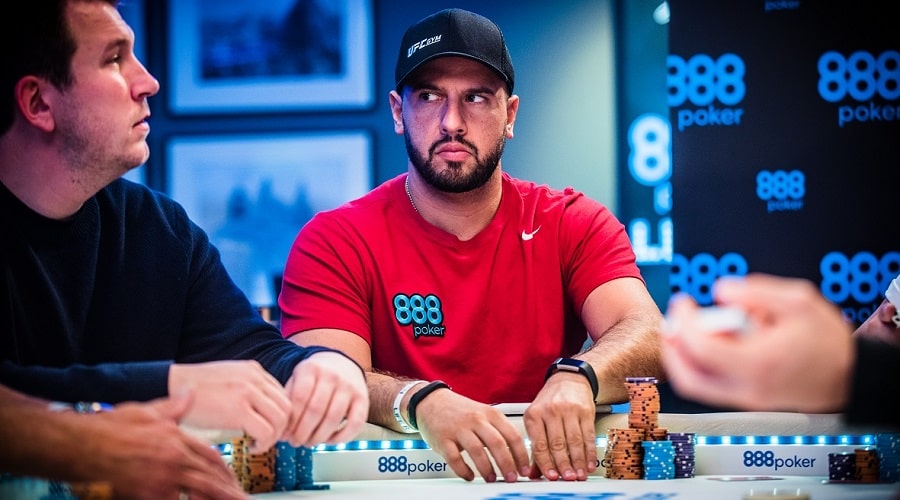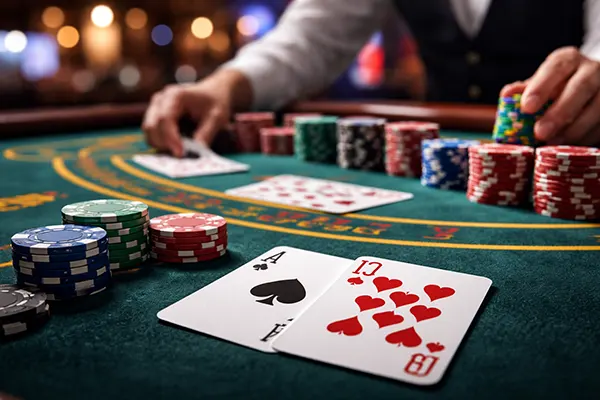
Fighting Tilt in Poker: Learning to Control Emotions
In poker, mastering cards and strategy is just half the battle. The true challenge lies in controlling your emotions, keeping your cool, and understanding your opponents’ psyche. Dive deep into the intricacies of poker psychology and up your game like never before.
Tilt is a term used in poker to describe when a player’s emotions, primarily frustration or anger, cloud their judgment, leading to sub-optimal play. Often a result of bad beats, incessant losses, or personal issues, tilt can destroy a solid strategy in minutes.
- Recognize the Signs: Before you can fight tilt, understand its symptoms. Are you becoming more aggressive without reason? Making irrational bets? If yes, you might be tilting.
- Take a Break: If you feel emotions bubbling, take a moment. Step away from the table, breathe, and only return when you feel calm.
Winner Mindset
Belief in oneself is the cornerstone of success in any field, poker included. A winner mindset doesn’t just involve expecting to win but also preparing for losses.
- Positive Visualization: Before starting a game, visualize successful plays, strong decision-making, and ultimately, victory.
- Learning from Mistakes: Everyone makes mistakes, but champions learn from them. Don’t berate yourself; instead, analyze and grow.
Three Strike Method
This practical approach ensures that emotions don’t run wild.
- First Strike: Made a bad play? Acknowledge it. Everyone has off moments.
- Second Strike: If you err again, pause and reflect. Is there a pattern? Is your judgment clouded?
- Third Strike: Make another mistake, and it’s time to step away. Take a break, refocus, and come back stronger.

Control Yourself and Break the Game
Poker isn’t just about your cards; it’s about reading the table and your opponents.
- Physical Tells: Keep your body language neutral. Fidgeting, shaking legs, or a racing pulse can give away your hand.
- Emotional Equilibrium: Stay consistent emotionally, whether you’re holding a Royal Flush or a weak hand. It’ll keep opponents guessing.
- Read the Room: By mastering your own emotions, you can better read and exploit the emotions of others. Their frustration or overconfidence can be your opportunity.
Conclusions
Poker, at its core, is a mental game. While luck and strategy play their parts, emotional mastery can be the deciding factor in many games. To truly excel:
- Understand Emotions: Recognize when you’re being affected by emotions and identify their sources.
- Practice Self-Control: Use techniques like the three-strike method to keep your emotions in check.
- Develop Mental Resilience: Cultivate a winner mindset. Take losses as learning opportunities and keep your focus on growth and mastery.
Remember, every poker champion is not just a master of the game but also a master of their own mind. Embrace poker psychology, and watch as your game elevates to unprecedented heights.
Similar articles
-
 Cascading Wins: Why Winning Stre...
Cascading Wins: Why Winning Stre...Anyone who has spent time in a casino, whether online or land-based, has …
-
 Should you play a slot demo to t...
Should you play a slot demo to t...Demo mode is a useful way to understand how a slot works without …
-
 Optimal Bet Size for a Long Sess...
Optimal Bet Size for a Long Sess...Long casino sessions are rarely lost because of one “bad beat”. More often, …
-
 Why Card Counting Appears More E...
Why Card Counting Appears More E...Card counting has long been associated with an image of control, logic, and …
